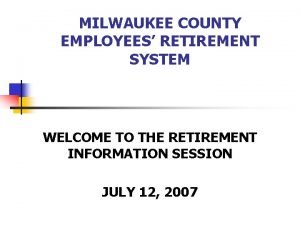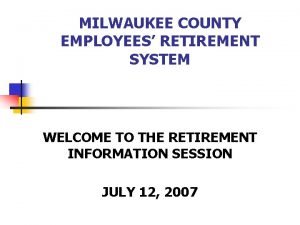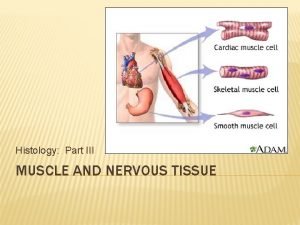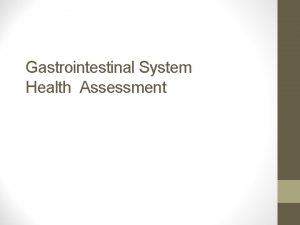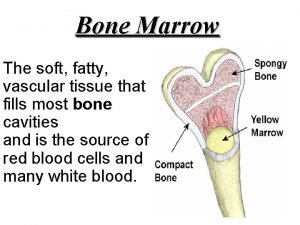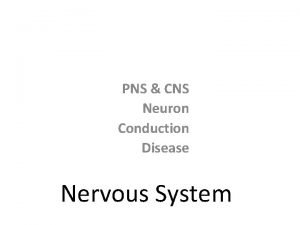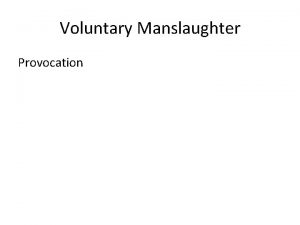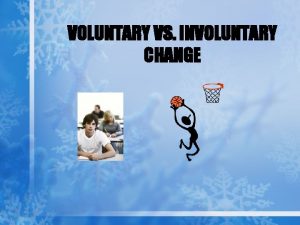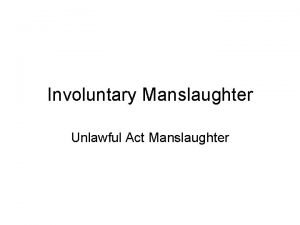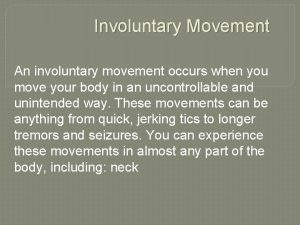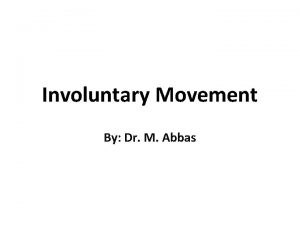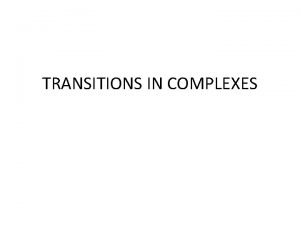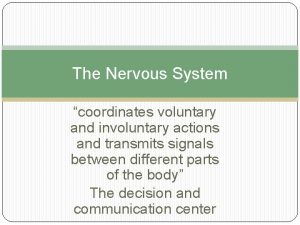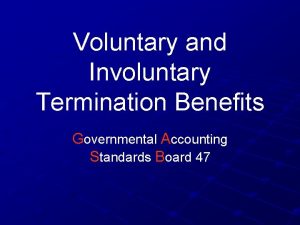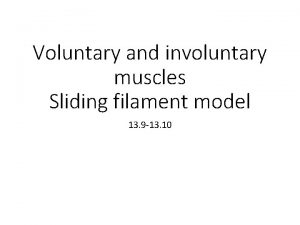TRANSITIONS AND TERMINATIONS Voluntary Terminations Resignations Retirements Involuntary
























- Slides: 24

TRANSITIONS AND TERMINATIONS

• Voluntary Terminations Resignations Retirements • Involuntary Terminations Legal and Moral Framework Finances Reorganization Performance Misconduct • Leader Transitions Copyright(c)2013 by Carol Fowler 2

VOLUNTARY TERMINATIONS: RESIGNATIONS AND RETIREMENTS • Payroll issues • Exit interviews • Record keeping • Unemployment compensation • Resignations – Verbal and written Copyright(c)2013 by Carol Fowler 3

INVOLUNTARY TERMINATIONS • Severance • Unemployment compensation • Benefits • Outplacement • Process Copyright(c)2013 by Carol Fowler 4

• At-will and just clause employment • Get legal assistance • Contracts • Record keeping • Payroll • Parish “reorganization” Copyright(c)2013 by Carol Fowler 5

DISCIPLINE AND INVOLUNTARY TERMINATION • Progressive discipline with the right to by-pass any or all steps • Verbal and written • Involuntary terminations need documentation, awareness of discrimination issues and the offer of COBRA Copyright(c)2013 by Carol Fowler 6

DISCIPLINE AND TERMINATION • While some situations may warrant immediate discharge, most terminations should be preceded by warnings that spell out what the problem is, what change will be required, and the consequences if that change does not occur. Copyright(c)2013 by Carol Fowler 7

DISCIPLINE AND TERMINATION • Appropriate forms of discipline include verbal warnings, written warnings, suspensions with or without pay, and discharge. Copyright(c)2013 by Carol Fowler 8

DISCIPLINE AND TERMINATION • If you do not document issues as they occur, you may not be able to discharge a problem employee when you feel you need to without significant legal and financial risk to your parish, school or agency. Copyright(c)2013 by Carol Fowler 9

DISCIPLINE AND TERMINATION • Contact Human Resources for guidance any time you have a situation you believe could escalate to the point of discharge. Copyright(c)2013 by Carol Fowler 10

DISCIPLINE AND TERMINATION • Human Resources will assist you in achieving an outcome that is fair to both the employee and the organization, and that can be defended if legally challenged. Copyright(c)2013 by Carol Fowler 11

FINANCIAL IMPLICATIONS OF VOLUNTARY AND INVOLUNTARY TERMINATIONS Copyright(c)2013 by Carol Fowler 12

GENERAL REMARKS ABOUT CHANGE • Change is not easy even when it’s simple • Change goes better when it’s self-imposed or at least agreed to by those involved in the change • Change without a goal will make it naturally more difficult due to the added uncertainty Copyright(c)2013 by Dennis Corcoran 13

NEW PASTORS/LEADERS • Resist the urge to make immediate changes • Don’t assume that the way people are currently doing things is what they prefer • Evaluate current job descriptions and schedules

NEW LEADERS CONT. • Clarify verbally and in writing your expectations • Allow a reasonable period of time to assess the employee’s willingness and ability to meet these expectations

NEW LEADERS • Have the right to replace any employee who cannot or will not meet their expectations. • If the new leader does not communicate his or her expectations, it is a good idea to be proactive and ask.

LEADER TRANSITIONS • Old Parish/Organization • New Location • New Job Copyright(c)2013 by Carol Fowler 17

• Working with new staff • Working with parish/organization leadership • Expectations of parishioners or organization stakeholders • Trust • Connection • Time • Communication including conflict Copyright(c)2013 by Carol Fowler 18

NEW PASTORS CONT. • Clarify verbally and in writing your expectations • Allow a reasonable period of time to assess the employee’s willingness and ability to meet these expectations

• New colleagues who are ordained • Retired predecessor • Senior priest • Associate pastor • Deacon • Rectory life Copyright(c)2013 by Carol Fowler 20

• Working with new staff • Working with parish leadership • Expectations of parishioners • Trust • Connection • Time • Communication including conflict Copyright(c)2013 by Carol Fowler 21

WHAT WORKS DURING A PASTOR TRANSITION? • Observe, inquire, learn • Small changes with a purpose • Evaluate staff looking to affirm and collaborate • Master the budget • Recognize key players • Seek to resolve problems • Life balance and prayer Copyright(c)2013 by Carol Fowler 22

WHAT DOES NOT WORK WITHIN TRANSITION? • “I want to be liked. ” Therefore, cannot say no. • Lack of consultation. “I can do what I want. ” • “It is just a job change. ” • “I don’t want to be there. ” • Not meeting with the new parish until the first day. • Making changes in staff prior to arrival or to soon after arrival. Copyright(c)2013 by Carol Fowler 23

WHAT DOES NOT WORK, CONT. • Bring old staff along to new parish. • Closed minded or negative attitudes to new people, new staff or new parish. • Lack of listening or asking good questions. • COLLABORATION IS KEY. Listen, inquire, pray. • YOU ARE NOT ALONE. Copyright(c)2012 by Arachdiocese of Chicago 24
 Difference voluntary and involuntary muscles
Difference voluntary and involuntary muscles Characteristics of social groups
Characteristics of social groups Voluntary and involuntary health agencies
Voluntary and involuntary health agencies Voluntary vs involuntary
Voluntary vs involuntary Fresno county retirement calculator
Fresno county retirement calculator Milwaukee county intranet
Milwaukee county intranet Types of terminations
Types of terminations Example of indirect voluntariness
Example of indirect voluntariness Which type of muscle is non-striated and involuntary
Which type of muscle is non-striated and involuntary Muscle
Muscle Military medical discharge pay chart
Military medical discharge pay chart Involuntary alienation real estate
Involuntary alienation real estate Organs in four quadrants
Organs in four quadrants Umbilicus location
Umbilicus location A 302
A 302 Human act modifiers
Human act modifiers Involuntary
Involuntary Florida real estate principles practices & law 43rd edition
Florida real estate principles practices & law 43rd edition Involuntary attention definition
Involuntary attention definition Involuntary movements
Involuntary movements Involuntary subfertility
Involuntary subfertility Involuntary movements
Involuntary movements Involuntary manslaughter example
Involuntary manslaughter example Superficial to deep
Superficial to deep Involuntary muscles
Involuntary muscles




